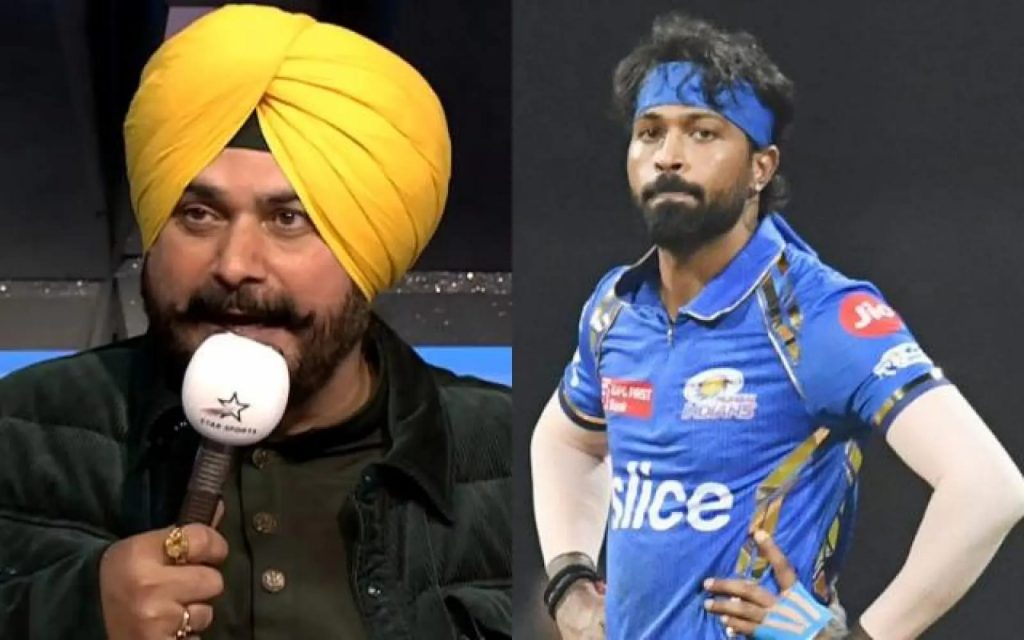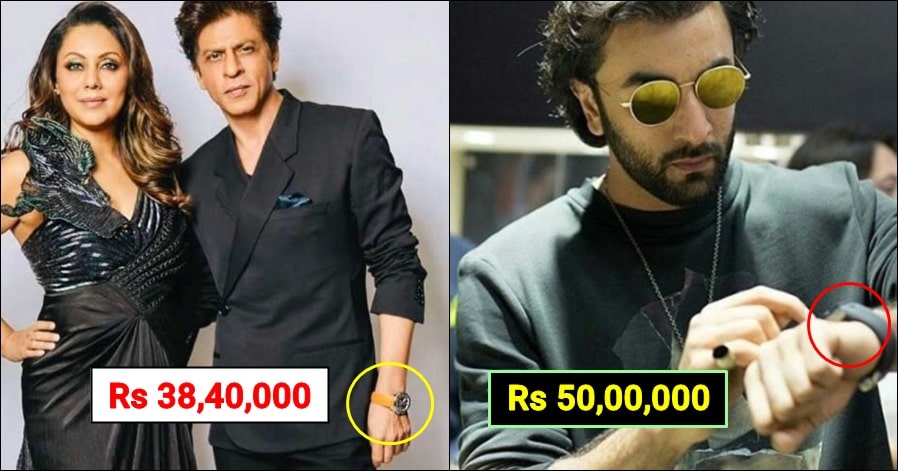As users hurl derogatory words like Chhapri, Sidhu says “Pandya is a….
In a recent interview, former Indian cricketer Navjot Singh Sidhu referred to all-rounder Hardik Pandya as the ‘future’ of the Indian team and said that he was a ‘natural candidate’ for leadership responsibilities in the future. Before IPL 2024, Pandya returned to the Mumbai Indians and was replaced as captain by Rohit Sharma. Pandya has led the Gujarat Titans to one IPL championship and once finished as runner-up.

“Hardik Pandya is the future of the Indian team,” said Sidhu. This remark holds significance for Sidhu, a well-known member of cricket’s acknowledged executive. Due to his widespread recognition for his athletic audacity, hitting prowess, and bowling strategy, Pandya is still a vital component of various teams.
According to online reports, “Hardik Pandya is the future.” “Rohit is now around 36-37 years old. Several years are still left for him. In addition to being a great captain, he is also an amazing player. However, you should prepare the ground for someone else to take over,” said Sindhu, a successful businesswoman. Sindhu also highlighted Pandya’s credentials in white-ball cricket as vice-captain during Rohit’s absence.
“Hardik is the obvious pick. That’s why BCCI appointed him as the team’s vice-captain,” Sidhu affirmed. However, given Pandya’s absence from Tests, BCCI can’t designate him as the permanent captain across all formats. In this scenario, Sidhu advocated for fast bowler Jasprit Bumrah to assume the Test captaincy.
“A natural choice for vice-captain, Jasprit Bumrah has handled expectations well,” said Sidhu. You can keep Jasprit Bumrah as Test match captain,” he said. Meanwhile, Mumbai Indians will be looking to get their second win in the IPL when they host Royal Challengers Bangalore at the Wankhede Stadium on Thursday.
Sidhu’s endorsement of Hardik Pandya’s leadership potential underscores the evolving dynamics within Indian cricket. With Rohit Sharma’s tenure potentially nearing its twilight, the prospect of a transition in leadership becomes increasingly pertinent, paving the way for the next generation of talent to assume greater responsibilities.








